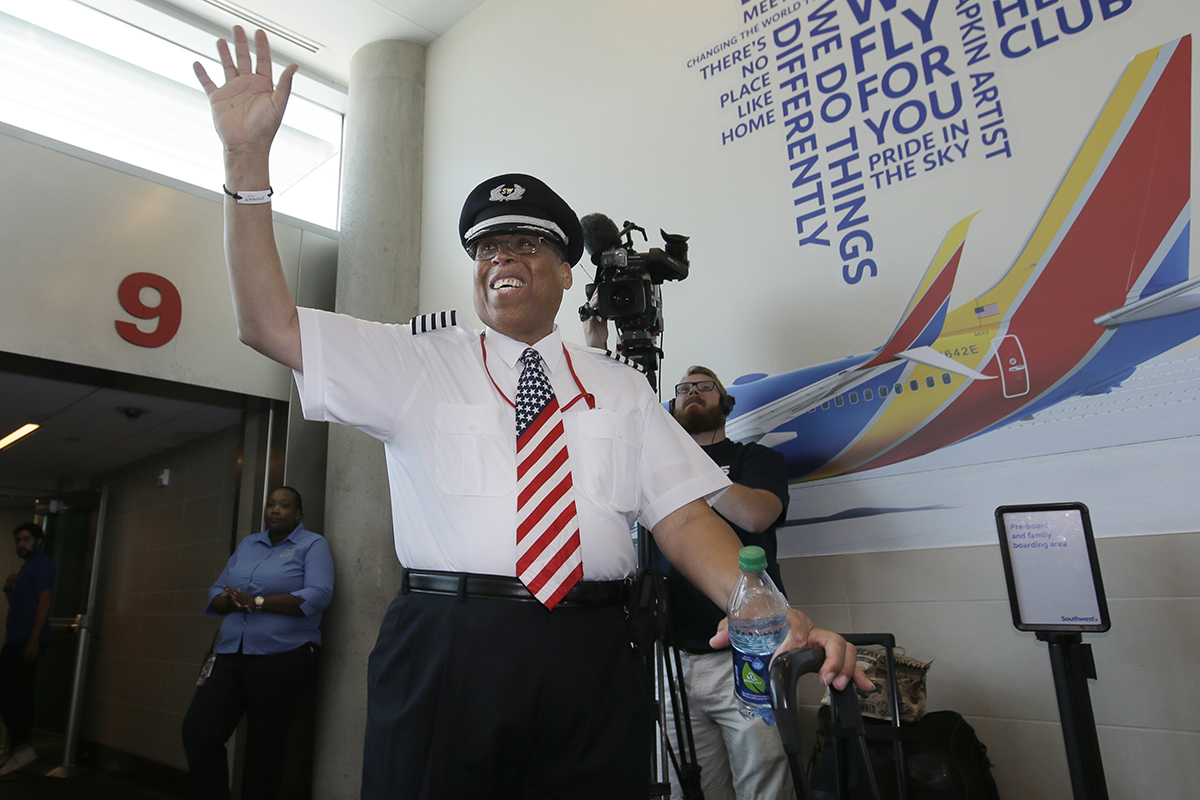There’s a Massive Pilot Shortage Coming. Here’s How to Get Your Wings

If you love flying and want to get paid to spend your days (and nights) zooming through the skies, your job prospects are about to get a lot better.
A perfect storm of circumstances is developing in the aviation industry that experts say could lead to 117,000 unfilled pilot jobs in the next 20 years.
A huge batch of longtime pilots are set to retire in the next few years, and there aren’t enough new pilots to replace them all, according to CNN Money.
Meanwhile, cargo and passenger airlines are buying more planes to keep up with increased shipping and travel needs, but there aren’t enough qualified pilots to fly them.
Though the need for pilots is on the rise, the number of people training for a pilot license is dropping.
Why Are So Few People Becoming Pilots?
While it’s tough to say for sure why interest in becoming a pilot is waning, Popular Mechanics suggests the reason is twofold.
Some industry insiders blame the rigorous training and expense of flight school, while pilots themselves say fewer pilots are joining their ranks because the pay is so low.
The Bureau of Labor Statistics places the median pay for airline and commercial pilots at $105,720 per year. Other surveys report significantly lower pay — about $20,000 to $40,000 per year — for regional airline starting salaries.
Pilot Mark Vanhoenacker acknowledges new pilots are likely to face large school loans and low wages, but says that the career is still worthwhile and that he has no regrets.
“Today, after 15 years of flying, I’m one of the few people I know who would happily keep working if I won the lottery,” says Vanhoenacker.
What It Takes To Become a Pilot
If you have a bachelor’s degree, consider joining the Air Force’s Career Pilot Program.
Once your USAF contract is up, you may want to stick around a while longer to take advantage of a bonus program that pays out up to $455,000 over 13 years.
To learn commercial aviation without joining the military:
- Apply for admission to pilot school to earn your private pilot certification
- Classes can be expensive, so be sure to check into grants and scholarships
- Apply good study habits from day one because you’ll be reading a lot
Once you obtain your private pilot license, your flight school will walk you through the certifications and testing you’ll need to work for a passenger or cargo airline.
Passenger airlines have their own set of FAA, flight time and company requirements to be eligible to apply for a pilot job, so you’ll need to look around to determine what’s a good fit for your qualifications.
Lisa McGreevy is a staff writer at The Penny Hoarder. She’s terrified of flying so she’s got mad respect for all the pilots who calmly get people like her where she needs to go.

















